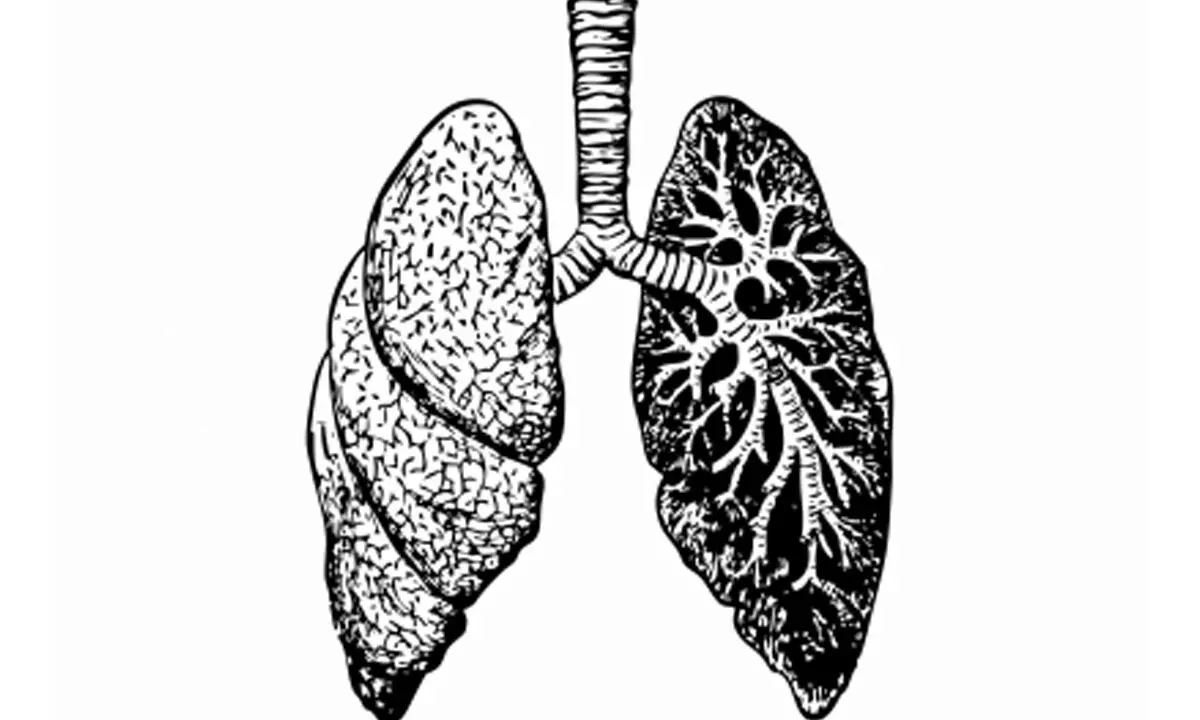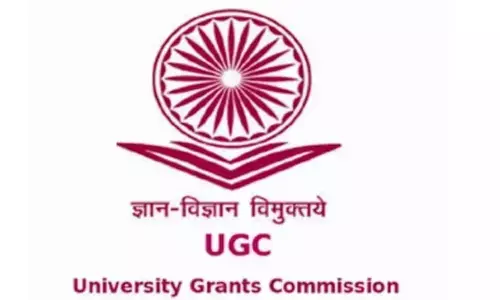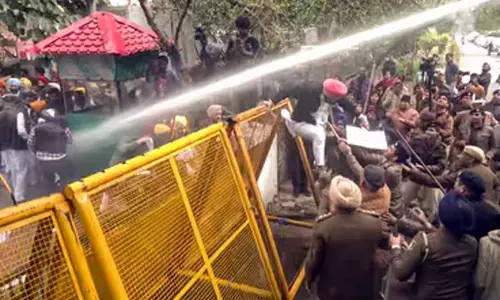Covid patients continue to suffer from lung complications
Share :

Although the pandemic has passed, Covid-19 survivors continue to suffer a range of post-acute respiratory complications, say doctors.
Faridabad: Although the pandemic has passed, Covid-19 survivors continue to suffer a range of post-acute respiratory complications, say doctors.
Dr Manisha Mendiratta, HOD & Senior Consultant, Pulmonology, at Sarvodaya Hospital, said many people continue to suffer from persistent shortness of breath and cough, even months after their initial infection.
Others have developed conditions like pulmonary fibrosis, a progressive and debilitating disease.
Many cases of bronchiectasis are also coming to light, where the airways become damaged and widened.
These lung-related complications necessitate long-term monitoring and management.
"In our practice, we are witnessing a range of post-acute respiratory sequelae in Covid-19 patients. There is a surge in the incidence of various lung problems and pulmonary complications due to long Covid. Before the pandemic, such cases were relatively rare. Now, we are seeing a substantial uptick in patients with lingering respiratory issues," she said ahead of World Lung day.
"Long Covid can manifest with various pulmonary complications. Patients may experience ongoing shortness of breath, persistent cough, or chest discomfort. Additionally, conditions like post-acute sequelae of SARS-CoV-2 infection (PASC) can lead to interstitial lung abnormalities, pulmonary fibrosis, or bronchiectasis. These complications can significantly impact a patient's quality of life and require ongoing medical management,” she added.
Dr Mendiratta said that coronavirus can damage the lungs in many ways.
"In mild cases of Covid-19, there can still be long-term or permanent damage to the lungs. Even when symptoms are not severe, the virus can cause inflammation in the airways and lung tissue. This can lead to scarring or fibrosis, reducing lung function and causing persistent breathing difficulties. Some individuals may experience chronic coughing, shortness of breath, or a decreased ability to exercise. While the extent of damage varies from person to person, it is essential to monitor lung health and seek medical attention if any respiratory symptoms persist," she noted.
While there is ongoing research and clinical trials to better understand and treat long-Covid pulmonary complications, there is no definitive medical solution at this time, according to the doctor.
Patients often require a multi-disciplinary approach, including pulmonary rehabilitation, medications to manage symptoms, and lifestyle modifications.
"Prognosis varies depending on the severity of complications, but some patients may need to manage these issues for an extended period or even lifelong. Ongoing research is essential to improve our understanding and develop more effective treatments for long-Covid pulmonary complications," said Dr Mendiratta.










